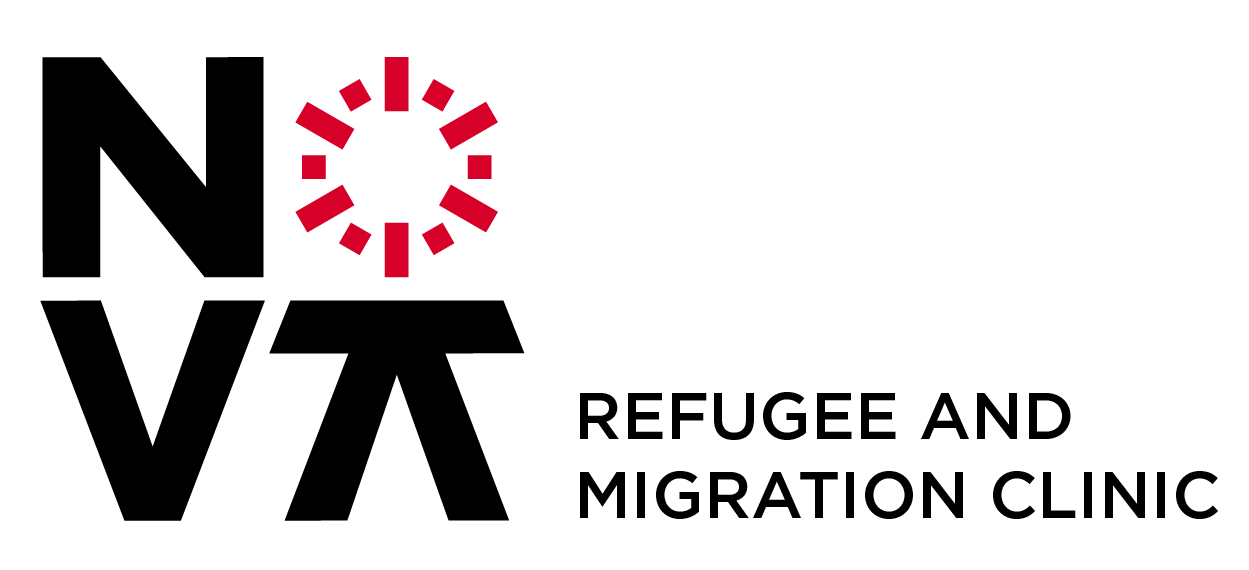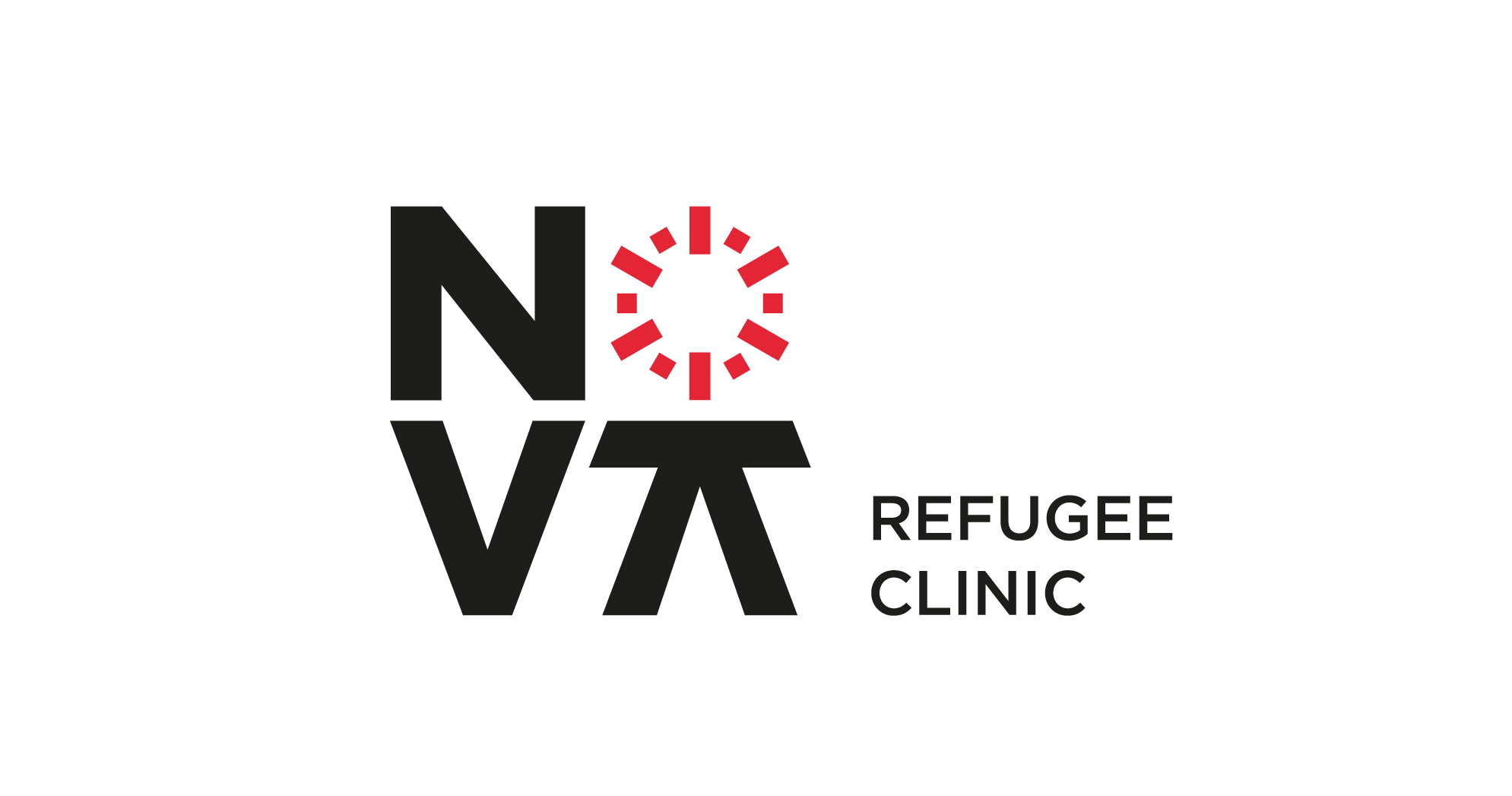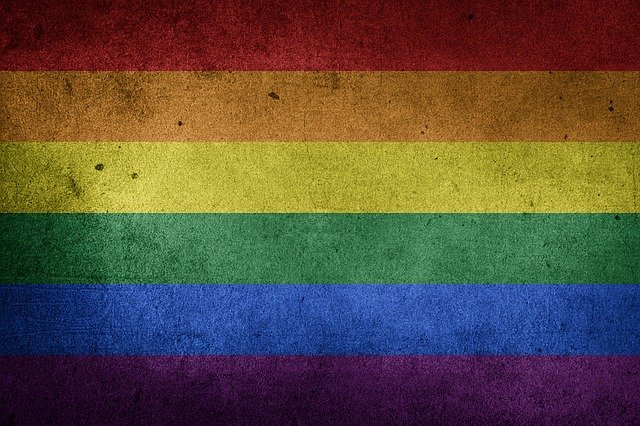The importance of raising awareness to the sexual orientation and gender identity during situations of widespread violence or armed conflict
Rui Garrido[1]
The situations of widespread violence or of an armed conflict are always a threat to the safety of the civilian population. International human rights law plays a significant role in the protection of LGBTI people. Both regional and UN human rights systems have developed in a manner of recognizing the necessity to tackle discrimination against people based on their real or imputed sexual orientation or/and gender identity. But what do we mean by sexual orientation and gender identity?
Adopted in 2006, the Principles on the application of international human rights law in relation to sexual orientation and gender identity, known as the Yogyakarta Principles, shed some light about the definition of those concepts. The Yogyakarta Principles defines sexual orientation and gender identity as:
Sexual orientation is understood to refer to each person’s capacity for profound emotional, affectional and sexual attraction to, and intimate and sexual relations with, individuals of a different gender or the same gender or more than one gender.
Gender identity is understood to refer to each person’s deeply felt internal and individual experience of gender, which may or may not correspond with the sex assigned at birth, including the personal sense of the body (which may involve, if freely chosen, modification of bodily appearance or function by medical, surgical or other means) and other expressions of gender, including dress, speech and mannerisms.[1]
If International Human Rights Law seems to develop in a manner to protect all people from discrimination, the scenario of an armed conflict distorts this protection and leaves LGBTI people unprotected. It happens because, despite the fact that International Humanitarian Law (Jus in Bello) grants protection to civilians during the hostilities, it fails to provide a differentiated protection given the specific vulnerabilities of LGBTI people. LGBTI people are subject of violence, torture and murder because of their sexual orientation or/and gender identity. The blind spot, according with Alon Margalit, is the absence of an effective protection of LGBT people in the IHL framework.[2]
The war that devastated Iraq in the 2000’s exposed LGBT people to a precarious situation. Gay men were subject of continuous threats, exposure, rape, and murder.[3] Iraqi state authorities envisaged strategies of compelling people to expose homosexuals, as an Iraqi LGBT activist declared to an Arab media channel:
“The government has declared war on sexual minorities. They are trying to rally the streets of Baghdad. Yesterday and the last six or seven days – we have videos and films of those patrols – with a megaphone, they’re saying: ‘If anyone who has any information about anyone who is a pervert, an infidel, part of the homosexual network, you have to declare it or you face consequences.’ Anyone who harbours anyone who is, according to them, an illegal citizen, will face consequences.”[4]

Years later, the Syrian civil war highlighted a new and far disturbing reality, the targeting of gay men by the militants of the so-called Islamic State. The militant extremists punished gay men in the most brutal and medieval way, sentencing those men to death penalty by stoning or hurling them off of roof tops.[5] In January 2016, international media outlets reported the execution of at least, 25 gay men,[6] including a 15 year old boy.[7] The world realized that was in march a widespread violence against minorities in Syria, among ethnic, religious and sexual minorities, with outlines of genocide.[8] The violence targeting LGBTI people in Iraq and Syria is illustrative of the necessity to better protect LGBTI civilians during an armed conflict as well as the legal framework regarding refugee law to respond adequately to the challenges of protecting LGBTI asylum seekers.
[1] Yogyakarta Principles, 2006, available at <principles_en.pdf (yogyakartaprinciples.org)>
[2] Margalit, Alon, “Still a blind spot: The protection of LGBT persons during armed conflict and other situations of violence”, International Review of the Red Cross, 100, (1-2-3), 2018. Doi: 10.1017/S1816383119000201
[3] McDonough, Michael, “Gay iraqis fear for their lives”, April 17, 2006, available at <BBC NEWS | Middle East | Gay Iraqis fear for their lives>. Pleitgen, Frederk et al., “Gays in Iraq terrorized by threats, rape, murder”, July 25, 2008, available at <Gays in Iraq terrorized by threats, rape, murder – CNN.com>
[4] LeVine, Mark, “Killing emors, and the future, in Iraq”, March 20, 2012, Al Jazeera, available at <Killing emos, and the future, in Iraq | Asia Pacific News | Al Jazeera>
[5] Vinograd, Cassandra, “ISIS Hurls Gay Men Off Builings, Stones Them: Analysts”, Fev 15, 2015, NBCNEWS, available at <ISIS Hurls Gay Men Off Buildings, Stones Them: Analysts (nbcnews.com)>
[6] Cowburn, Ashley, “ISIS has killed at least 25 men in Syria suspected of being gay, group claims”, January 5, 2016, Independent, available at <Isis has killed at least 25 men in Syria suspected of being gay, group claims | The Independent | The Independent>
[7] Culley, Jeremy, “Evil ISIS executes boy, 15, by throwing huim off a roof – because he’s gay”, January 2, 2016, Daily Star, available at <Evil ISIS executes boy, 15, by throwing him off a roof – because he’s gay – Daily Star>
[8] “Mass Violence and Genocide By the Islamic State/Daesh in Iraq and Syria”, University of Minnesota, available at <Mass Violence and Genocide by the Islamic State/Daesh in Iraq and Syria | Holocaust and Genocide Studies | College of Liberal Arts | University of Minnesota (umn.edu)>
[1] Rui Garrido. PhD candidate in African Studies at Iscte – University Institute of Lisbon and team leader of the research line in “Migration and Sexual Orientation”.


